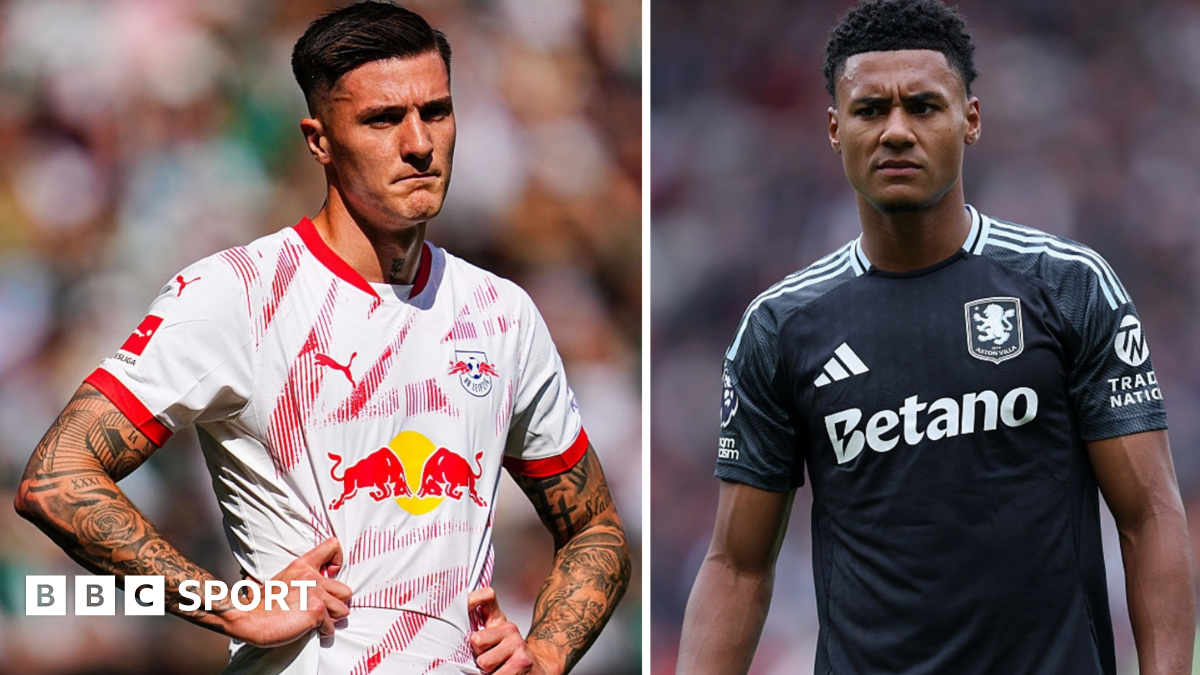
Manchester United's reported interest in Ollie Watkins and Benjamin Sesko highlights a recurring theme in modern football: the delicate balance between immediate needs and long-term financial planning. The club's apparent hesitation over Watkins' perceived £60m price tag, despite his Premier League experience and proven goal-scoring record, underscores the increasing scrutiny of transfer fees, particularly for players approaching their peak years. Are Man Utd right to be so hesitant, and what impact will this have?
Watkins' contract, extending to 2028, presents a significant advantage for Aston Villa. It allows them to command a high fee, knowing United are under pressure to reinforce their attacking options. This situation echoes Tottenham's handling of Harry Kane's protracted transfer saga. Spurs leveraged Kane's importance to the team and his contract length to extract maximum value, ultimately leading to his move to Bayern Munich. The Kane situation is a prime example of how contract structure dictates negotiating power, and Villa will be hoping for a similar result here.
Sesko, on the other hand, represents a different profile. Younger and with potential for further development, his appeal lies in the long-term investment he represents. However, Newcastle's interest introduces a competitive element, potentially driving up his price. This creates a bidding war, where the contract structure that the buying club offers becomes paramount. Length, release clauses, and performance-related bonuses will be crucial to securing his signature, as seen in the recent high-profile transfers of players like Erling Haaland, where future earnings potential played a significant role.
United's current squad situation further complicates matters. The need to offload “unwanted players” before making new signings reflects a necessary emphasis on financial fair play and squad management. This strategy mirrors Liverpool's approach in recent years, where strategic sales, like that of Phillipe Coutinho, have funded significant reinvestment in key areas. However, United's inability to move players quickly could jeopardize their pursuit of Watkins and Sesko, leaving them reliant on Rasmus Hojlund, whose current form is generating concern. Is relying on Hojlund a risk too far?
Ultimately, Manchester United's striker search exposes the intricate web of contracts, finances, and performance pressures that define modern football transfers. The club's approach to Watkins and Sesko will not only shape their attacking options for the upcoming season but also set a precedent for future transfer dealings, emphasizing the crucial role of contractual leverage and strategic financial planning. Failure to act decisively, or an over reliance on players like Hojlund may lead to further frustration and disappointment from fans.